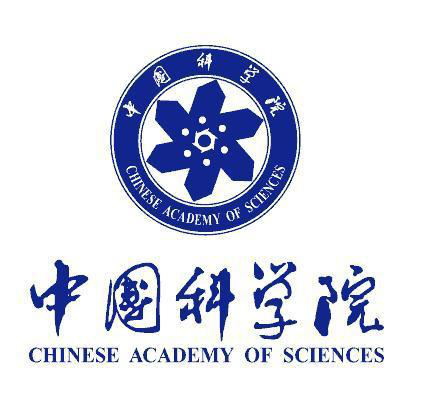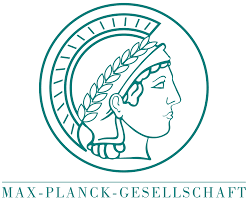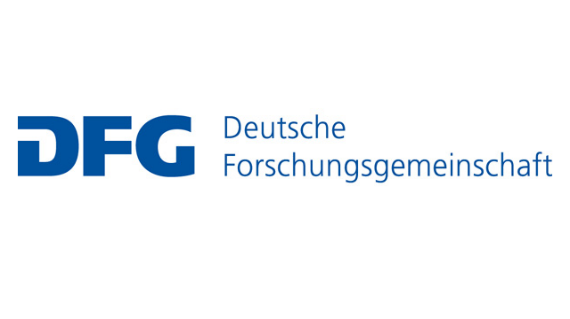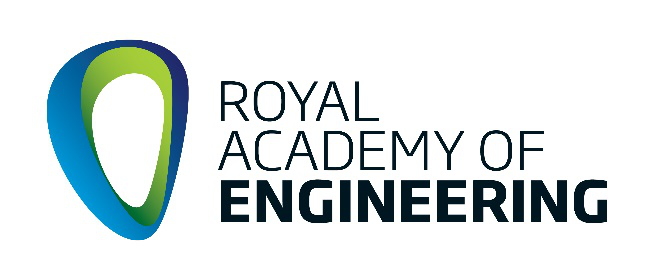Study of algal biomass harvesting through cationic cassia gum, a natural plant based biopolymer
Green unicellular microalgae have a capacity to entrap CO2 to increase their biomass through photosynthesis and are important for the value added product. The presence of COOH and NH2 groups are responsible for imparting negative zeta value. The present work emphasizes on the synthesis of cationic cassia (CCAS) by the insertion of quaternary amine groups onto the backbone of cassia (CAS) from N-3-Chloro-2-hydroxypropyl trimethyl ammonium chloride (CHPTAC) which was further characterized via FTIR, SEM, elemental analysis and intrinsic viscosity. The optimal dosage of the synthesized cationic cassia is used to flocculate two different green fresh water algae viz. Chlamydomonas sp. CRP7 and Chlorella sp. CB4 were evaluated. 80 and 35 mg L−1 was optimized dose for dewatering of above algae, respectively.

















